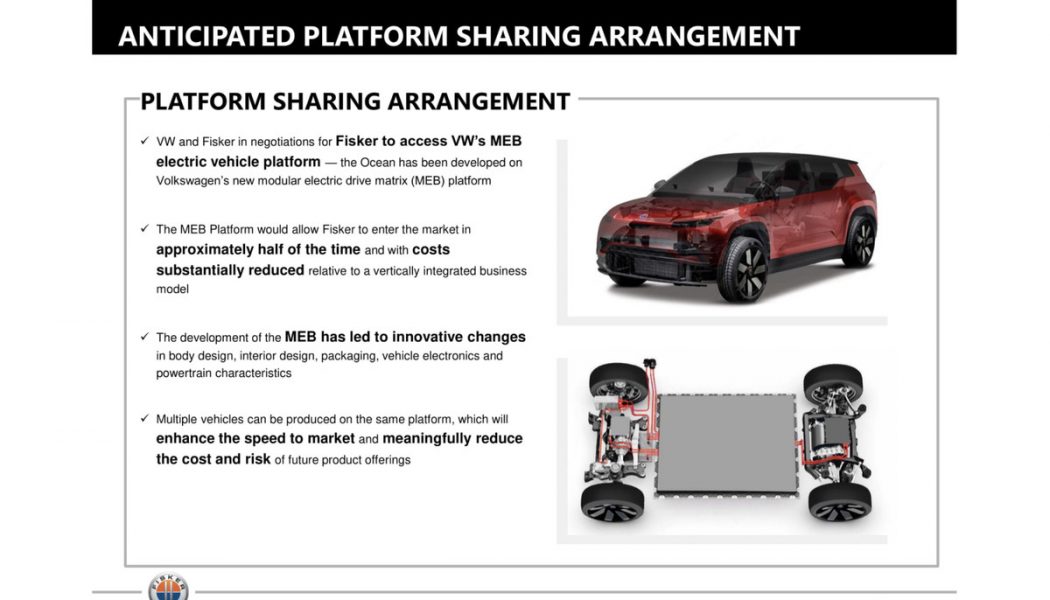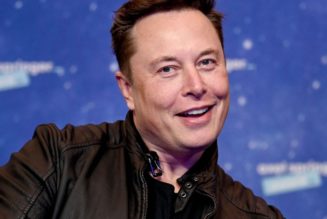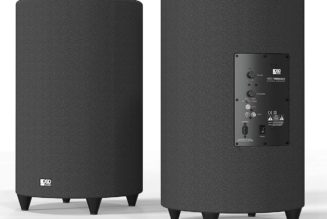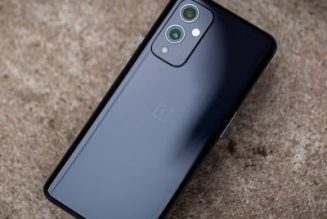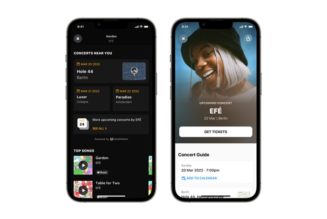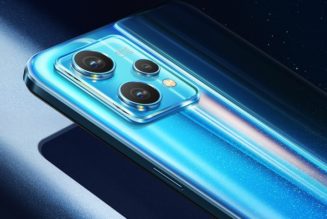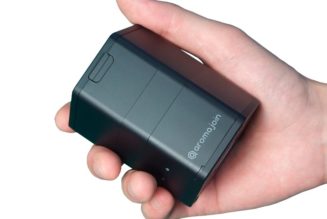EV startup Fisker Inc. wants to power its first SUV with Volkswagen’s mass-manufactured modular electric vehicle platform, or “MEB,” and it says it is in talks with the German automaker to do just that. In fact, the prototype SUV that Fisker Inc. revealed at the 2020 Consumer Electronics Show was built on the MEB platform.
Fisker Inc. laid all of this out in an investor presentation that was assembled ahead of its push to become a publicly traded company on the New York Stock Exchange, which the startup formally announced on Monday. The presentation was one of many pages of documents filed with the Securities and Exchange Commission by the publicly listed company Fisker Inc. plans to merge with, Spartan Energy Acquisition Corporation, which was formed by investment firm Apollo Global Management.
Volkswagen announced the MEB platform in 2018 as part of its multibillion-dollar push into electric vehicles. It consists of a modular battery pack that can scale to fit differently sized vehicles, a motor, and other electronics — basically all of the technical underpinnings required to make an electric vehicle move. All of Volkswagen’s upcoming ID-branded electric vehicles are being built on the MEB platform, and it will also power certain vehicles from Volkswagen Group brands like Audi, Seat, and Skoda.
Volkswagen has said it plans to sell access to MEB, an idea that already attracted Ford, which is going to build a commercial vehicle powered by the German automaker’s platform. But it is also open to partnering with startups. The first attempt, with Germany’s e.Go Mobile, fell apart after the small startup became insolvent.
Now, the automaker is considering working with Fisker Inc., with the prototype of its Ocean SUV — which was built by Volkswagen subsidiary Italdesign — apparently serving as a test of how much a startup can differentiate the design of an MEB-powered vehicle.
“Volkswagen is still open to support small series projects that demonstrate the variety of conceivable concepts based on the MEB platform through their emotional appearance,” a spokesperson for Volkswagen said in an email to The Verge. “In consultation with Volkswagen, the Audi subsidiary Italdesign has now used the MEB platform as the basis for the development of the Fisker Ocean SUV. However, a final decision has not yet been made about a possible cooperation with Fisker to implement a series project.”
A spokesperson for Fisker Inc. declined to comment.
:no_upscale()/cdn.vox-cdn.com/uploads/chorus_asset/file/20080901/Screen_Shot_2020_07_13_at_9.40.54_AM.png)
Using Volkswagen’s MEB platform to power an affordable SUV would be quite the about-face for Fisker Inc., which was founded in 2016. Founder Henrik Fisker spent the first few years promoting a luxury sedan and claimed he was developing a solid-state battery that would last longer and be easier to build than the lithium-ion batteries that power modern electric vehicles.
Slowly but surely, Fisker’s plans for the solid-state battery slipped further into the future, and he ultimately pivoted the company to developing the Ocean, a subscription-only SUV that would be powered by lithium-ion batteries.
Now, according to the investor presentation, it appears that the Ocean was “developed on” the MEB platform. Fisker Inc. says using the MEB platform will make it possible to bring the Ocean to market in “half of the time and with costs substantially reduced.”
Fisker Inc. signed a memorandum of understanding with Volkswagen in November 2017, and a more fleshed-out “collaboration agreement” in December 2018, according to the investor presentation. A “cornerstone agreement” that would finalize costs, production capacity, and a timeline is anticipated to be signed in July 2020, the document says, with a supply and manufacturing agreement to be signed in the second half of this year. If those agreements are reached, Fisker Inc. anticipates building 50 to 100 pre-production cars by the end of 2021 and starting production by the end of 2022. Fisker Inc. has also been telling investors that it wants to build two additional vehicles on the MEB platform.
Electric vehicle startups have burned through billions of dollars in an attempt to become the next Tesla, and many of them designed their own electric vehicle architecture along the way with the goal of either licensing that technology to other companies or attracting a buyer from the tech industry.
Few have accomplished anything close to that, though, with Rivian — which is building vehicles for Amazon and Ford based on its EV platform in return for billions of dollars of investment — being the most obvious exception.
That pitch gets even harder to make when a company like Volkswagen is doing the same thing at greater scale and lower costs. While Volkswagen’s willingness to work with Fisker Inc. would be something of a life raft for a hopeful automaker that didn’t have much of a clear path to volume production, it could put even more stress on other startups that are struggling to survive.
